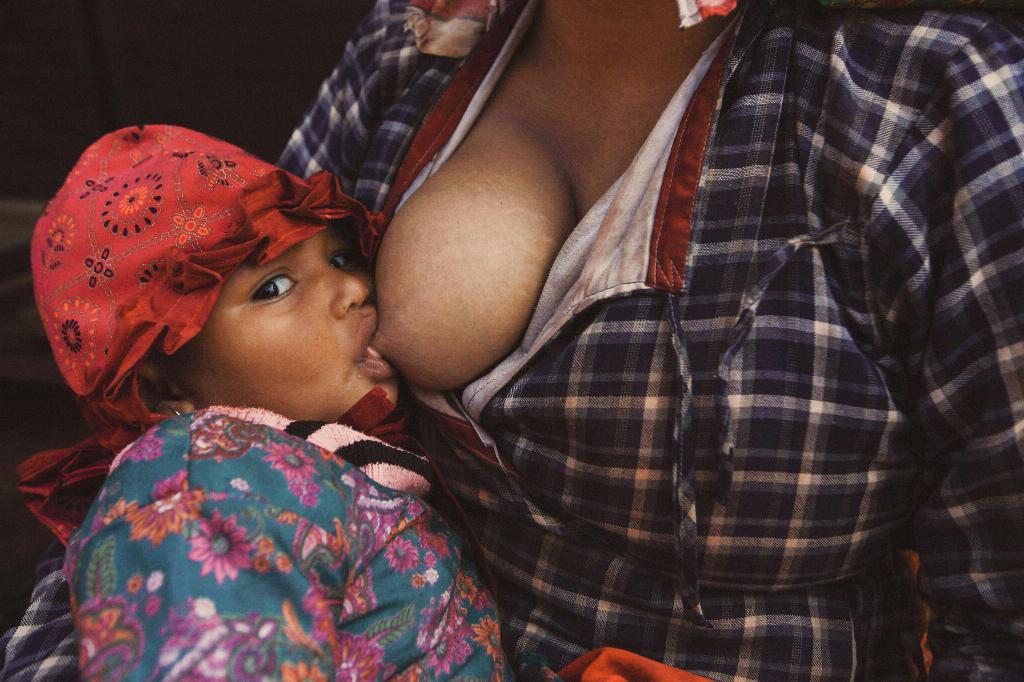Breastfeeding is an important and natural process that provides numerous benefits for both the baby and the mother. However, for many new mothers, the experience of breastfeeding can come with challenges, one of the most common being sore and hard nipples. It’s essential to address this issue promptly to ensure a comfortable and successful breastfeeding journey.
Improper Positioning and Attachment
One of the primary reasons for sore nipples while breastfeeding is improper positioning and attachment of the baby at the breast. When the baby is not latched on correctly, it can lead to excess friction and pressure on the nipple, causing it to become sore and hard. It’s crucial to seek guidance from a lactation consultant or healthcare provider to help improve the baby’s latch and positioning to alleviate this discomfort.
Inadequate Milk Supply or Oversupply
Another factor that can contribute to nipple soreness is an inadequate milk supply or oversupply. When the baby does not get enough milk during feedings, they may suck more vigorously, leading to increased pressure on the nipple. Conversely, an oversupply of milk can cause the breasts to become engorged, making it challenging for the baby to latch properly.
Engorgement and Blocked Milk Ducts
Engorgement and blocked milk ducts can also result in hard and sore nipples while breastfeeding. Engorgement occurs when the breasts become overly full, causing the nipples to feel hardened and tender. Blocked milk ducts can further exacerbate the issue, leading to localized pain and discomfort in the breast.
Thrush and Mastitis
In some cases, nipple soreness may be attributed to conditions such as thrush or mastitis. Thrush is a fungal infection that can affect both the mother and baby, causing symptoms like nipple pain and redness. Mastitis, on the other hand, is an inflammation of the breast tissue that can lead to hardness, soreness, and fever. Proper treatment is essential to address these underlying issues.
Incorrect Breastfeeding Technique
Using incorrect breastfeeding techniques, such as pulling the baby off the breast abruptly or allowing the baby to nurse for prolonged periods, can also result in nipple soreness. It’s important to educate yourself on proper breastfeeding practices and seek guidance from healthcare professionals to ensure a comfortable and effective feeding experience.
Cracked, Bleeding, or Blistered Nipples
Severe nipple soreness can sometimes lead to complications such as cracked, bleeding, or blistered nipples. These issues can be extremely painful and may require additional interventions to heal properly. Applying lanolin cream, using breast shields, and adjusting feeding positions can help alleviate these symptoms.
Medical Conditions
Certain medical conditions, such as eczema, psoriasis, or dermatitis, can also contribute to nipple soreness while breastfeeding. Additionally, hormonal changes during pregnancy and postpartum can affect the sensitivity of the nipples, making them more prone to discomfort. Consulting a healthcare provider is crucial to evaluate and address any underlying medical issues.
Improving Breastfeeding Comfort
To improve breastfeeding comfort and alleviate nipple soreness, it’s essential to focus on proper positioning, attachment, and latch. Ensuring that the baby is positioned correctly at the breast and has a deep latch can significantly reduce friction and pressure on the nipples. Taking breaks between feedings, using warm compresses, and practicing gentle massage techniques can also help improve circulation and reduce discomfort.
Seeking Support and Guidance
If you are experiencing persistent nipple soreness while breastfeeding, don’t hesitate to seek support and guidance from lactation consultants, healthcare providers, or support groups. Remember that you are not alone in facing these challenges, and there are resources available to help you navigate this journey with confidence and comfort.
Patience and Persistence
Patience and persistence are key when addressing nipple soreness while breastfeeding. It may take time to find the right solutions and techniques that work best for you and your baby. Stay positive, stay informed, and be proactive in seeking the support you need to ensure a successful and enjoyable breastfeeding experience.

